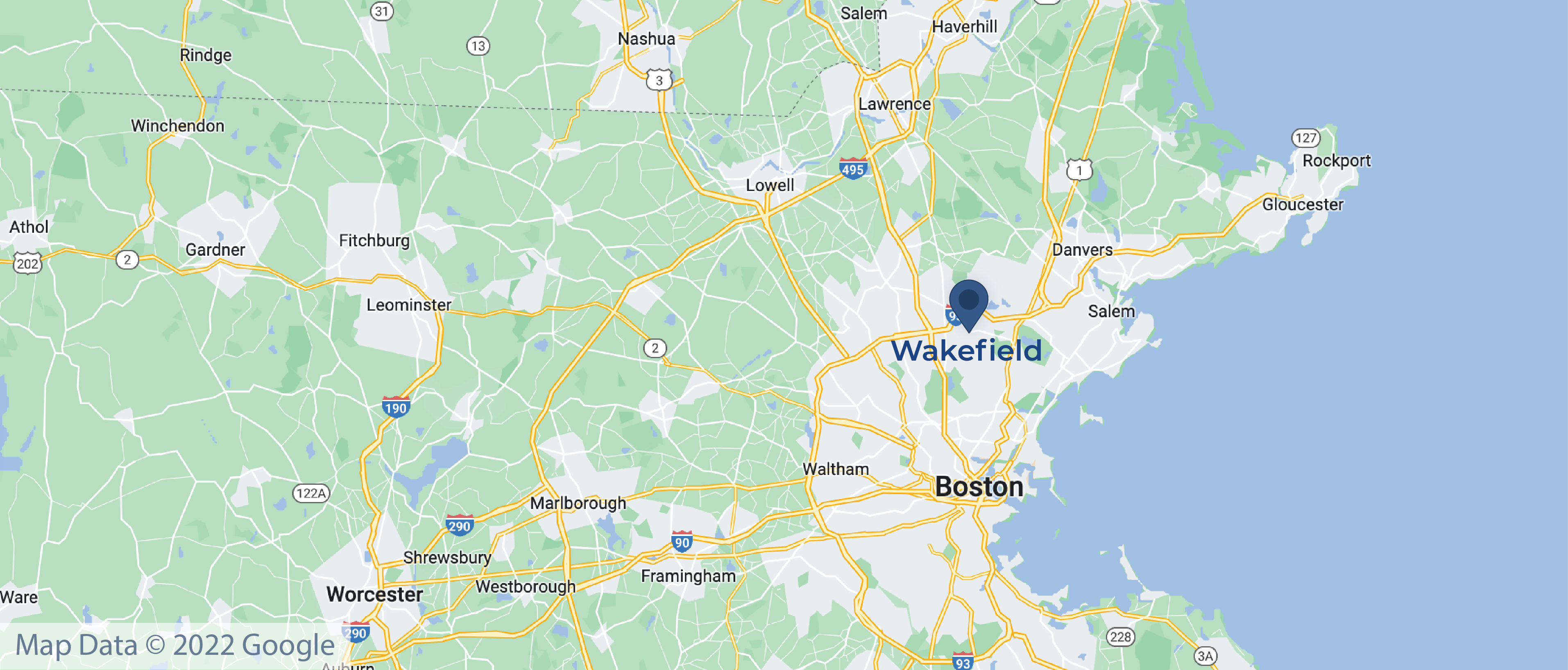
Excerpts from C-Suite Magazine, 4th Quarter, 2021
By Pierre Morrisseau
I’m not talking about the noisy next-door neighbor or that loud car that always seems to rumble by as soon as you drift off to sleep. I’m referencing the kinds of things that business leaders obsess over; things that push their companies back on their heels, or worse, damage them beyond repair.
There are many potential dangers to an organization’s success and growth. At the macro level, political, economic, environmental, technological, and other such forces demand strategic thinking. Yet, it is most often one of the everyday functions of business that present the most challenges.
Running any size business is complex and risky. A decision maker’s attention is drawn in seemingly hundreds of directions. I remind our employees that we cannot think in terms of the products we offer, but instead, think of how we can help our clients with their short- and long-term priorities.
I was recently consumed with rolling out new technology that would streamline our operations and allow OneGroup to dramatically increase the time spent with our clients. In the midst of this project, a salesperson cold-called me. He worked hard to pitch me on his product, despite the fact that it was not aligned with my current needs or focus. He was unwilling to listen to my needs. This interaction led me to further evaluate how OneGroup approaches the sales process, and how important it is to put the client first.
I spend a lot of time with our sales team, consultants, and service teams, often reminding them that by taking the time to understand and discuss our clients’ issues, we have the opportunity to truly assist them in their success.
With all of this in mind, as we enter a second year of unprecedented challenges and risk, I believe that it is more important than ever to listen to those around us – loved ones, employees, friends, clients – to understand what their anxieties are. We should not assume. We should be quick to listen and offer our help. Not only does this behavior strengthen our individual, interpersonal relationships, but by establishing a foundation of trust with our clients, the company as a whole succeeds.
A recent Harvard Business Review article stated that as a result of the COVID-19 pandemic, businesses are now torn between “generating sales” and “respecting the threats to life and livelihood…” I firmly believe that by shifting our attention from selling to helping we become more valuable to our customers, simply because we demonstrate care and respect, which in turn leads to increased sales.
As business leaders continue to deal with the many things that keep us up at night, we would be wise to understand that our peers are also struggling on many fronts. We would be wise to offer our help in any way, not just with our specific products and services.

Pierre Morrisseau
Chief Executive Officer
PMorrisseau@OneGroup.com
This content is for informational purposes only and not for the purpose of providing professional, financial, medical or legal advice. You should contact your licensed professional to obtain advice with respect to any particular issue or problem. Please refer to your policy contract for any specific information or questions on applicability of coverage.
Please note coverage can not be bound or a claim reported without written acknowledgment from a OneGroup Representative.
Find this Article Helpful?
Visit our Library of Resources for More!

ONEGROUP EXPERTS ARE READY TO HELP
Fill out the form below and an expert from OneGroup will contact you.
For Immediate assistance call 1-800-268-1830
Coverage cannot be bound or altered and a claim cannot be reported without confirmation from a representative of OneGroup.











